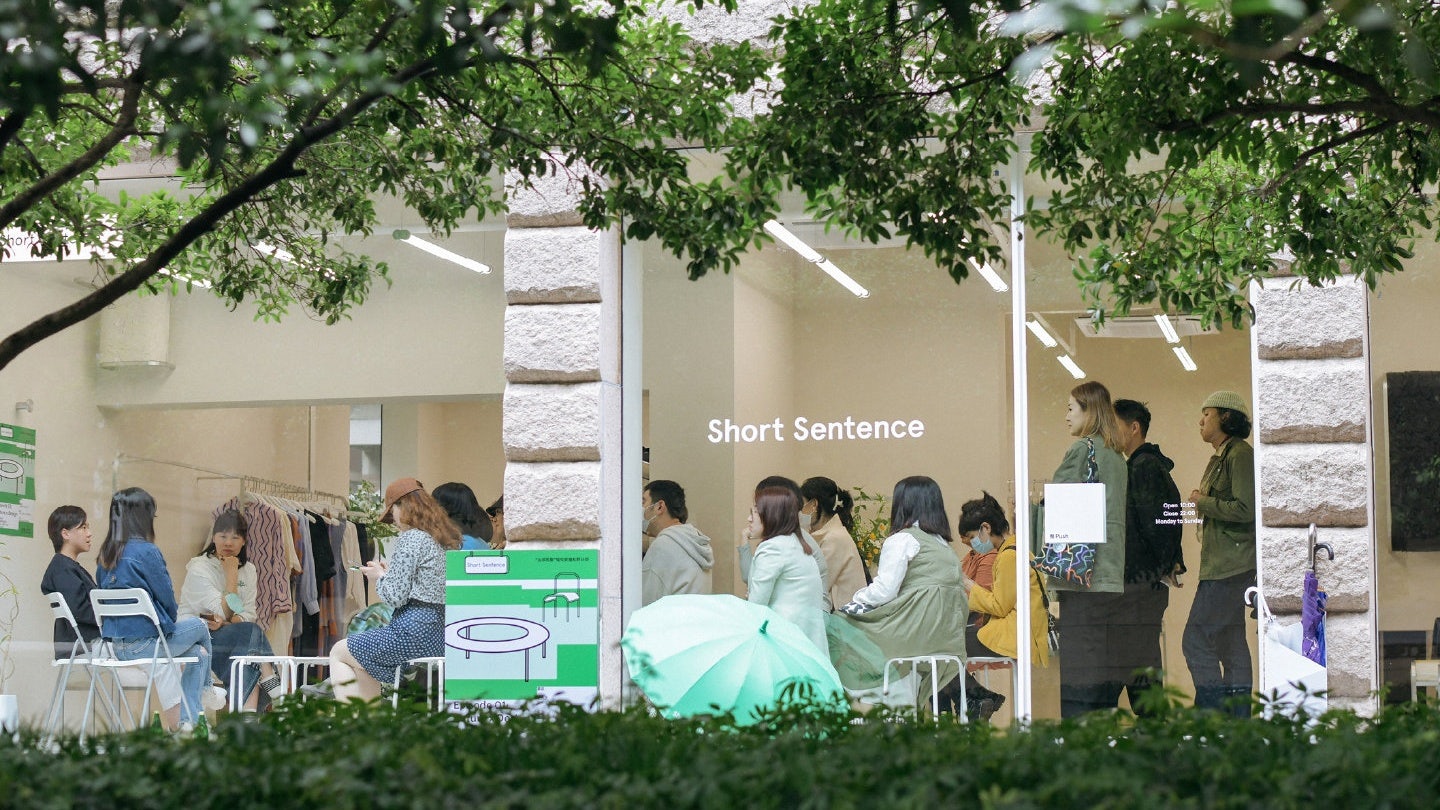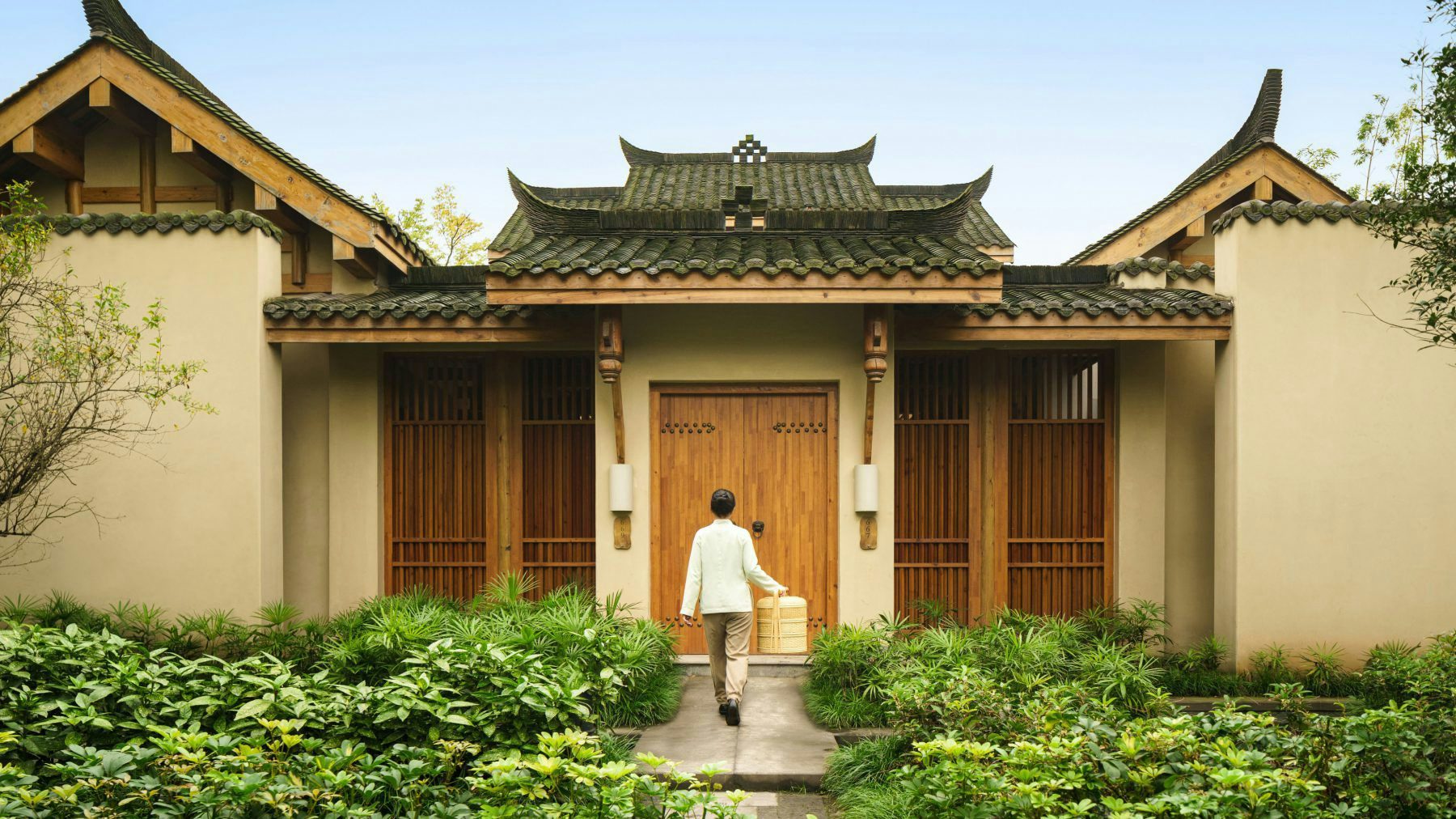Key Takeaways:#
- Chinese brands are coming up with their own new neighborhood concept stores to woo the Gen-Z consumers.
Additionally, everything on display in new neighborhood stores is what consumers expect from their favorite brands.
Although the e-commerce business seems to be a panacea for pandemic interruptions, the desire for physical shopping hasn’t waned completely.
China has undoubtedly become the ultimate haven for all luxury brands today. In fact, if the country still isn’t high on a brand’s priority lists, it is risking its existence.
A big part of their success comes from the Chinese government wanting luxury to be accessible for everyone living in China. And with this optimistic scenario in mind, international luxury brands that have thrived in the country have given birth to a meaningful retail model: the new neighborhood store. What’s exciting about it is how these brands are choosing to set up stores in residential areas and smaller commercial districts to cater to the fashion requirements of their residents.
This new phenomenon started with Nike opening two such stores — one in Taikoo Hui in Shanghai and the other in Sanlitun in Beijing last year — as part of what it said would be its focus on experiential retail. These two stores are running successfully today and are proving that this model is highly effective at drawing young Chinese consumers wanting more from their fashion purchases. Both stores have try-on rooms featuring natural light, fitness centers, and yoga rooms.
Essentially, this strategy is all about providing consumers with an amazing experience, even in limited space — but there must be a pitch-perfect plan. In experiential retail, brands should interact with customers more in-depth, making them feel pampered. Additionally, everything on display in these new neighborhood stores should be what consumers expect from their favorite brands.
“Brands are always looking for new and interesting ways to connect and engage," said Chloe Reuter, founding partner at Gusto Luxe & Gusto Collective. "That is even more true in China, one of the most exciting and competitive markets in the world for luxury brands. And having neighborhood store pop-ups in unexpected locations triggers surprise and talk value.”
According to a survey done by S&P Global Inc. this year, almost 50 percent of people in the US still preferred going to brick-and-mortar stores after COVID-19 risks lessened there.
Although the e-commerce business seemed to be the panacea for the severe pandemic interruptions, the lure of physical stores hasn’t completely worn off. As per the latest report by PwC, the desire to go out and shop in-store also remains strong in China, with 53 percent of consumers showing a willingness to offline shop at least once a day or week. Interestingly, 51 percent of those Chinese consumers said it mattered to see the products in person.
New neighborhood stores boom in Shanghai#
Meanwhile, Chinese brands are also coming up with new neighborhood stores to woo Gen-Z consumers. One of them is the online women’s fashion retailer Short Sentence, which opened its first-ever store on Anfu Road in Shanghai at the start of this year to please proactive consumers. And this goal became possible, thanks to the fanciful store's designer, the award-winning architecture firm AIM Architecture.
The store organized an event in April as part of its first neighborhood get-together. At it, representatives from the Shanghai-based design studio AIM and the new modern platform SandwiChina — including people from the nearby neighborhood — spoke about experiences at the bucolic store while shedding light on life in the region.
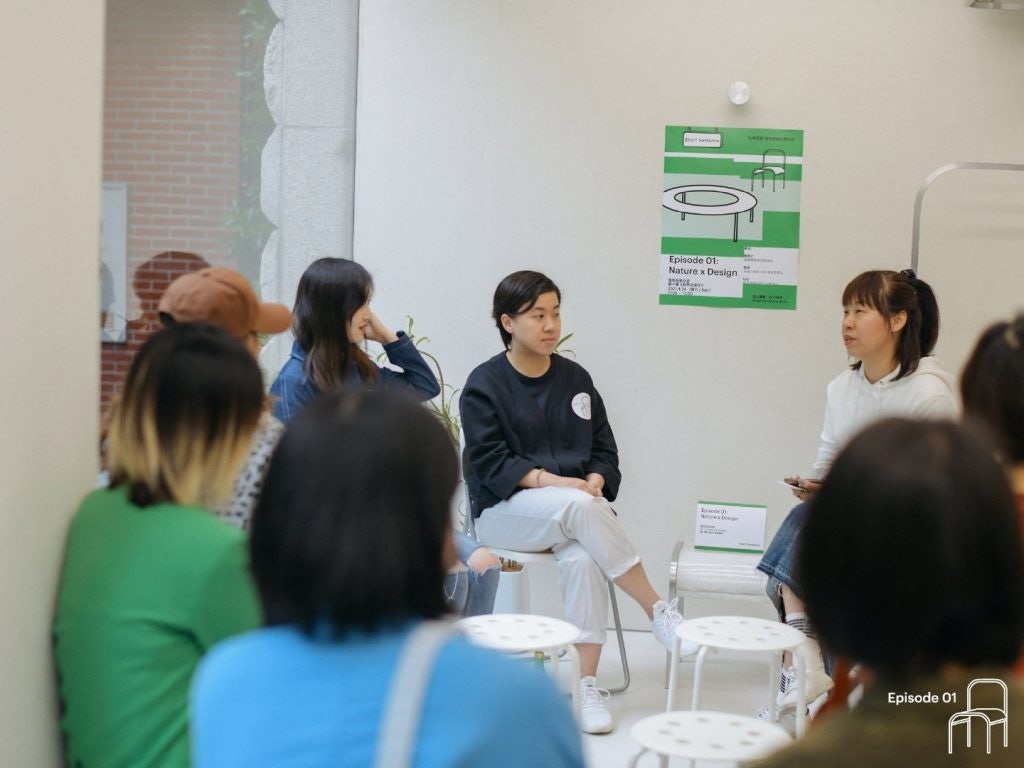
Guan Lin, who founded the label Short Sentence in 2015, believes the all-new 100-square-meter store is in sync with what she wanted it to be: a place where shoppers can find serenity in the middle of nature and shop with a relaxed mind.
“I think nature should be part of our lives every day, and I’ve made it happen with a beautiful pop-up garden installation in the backyard of my store,” she said. “It isn’t like any other shop you see around. My store simply breeds creativity and innovation.”
Adjacent to Lin’s store is a furniture store named Cabana, located at Kerry Center in Shanghai.
The store smartly created a map, helping to bring together major neighborhood stores like Juanjuan Old Tailor Shop, Bank Gallery, Jicheng Watch & Lock Repair, and Hongyi Grocery Store, making the area easier for shoppers to navigate. “The highlights of any great neighborhood can be gauged by its neighborhood stores, which are capable of flexibly serving the needs of people," said Demos Zhu, co-founder of Cabana, which also has a flagship store on JD.
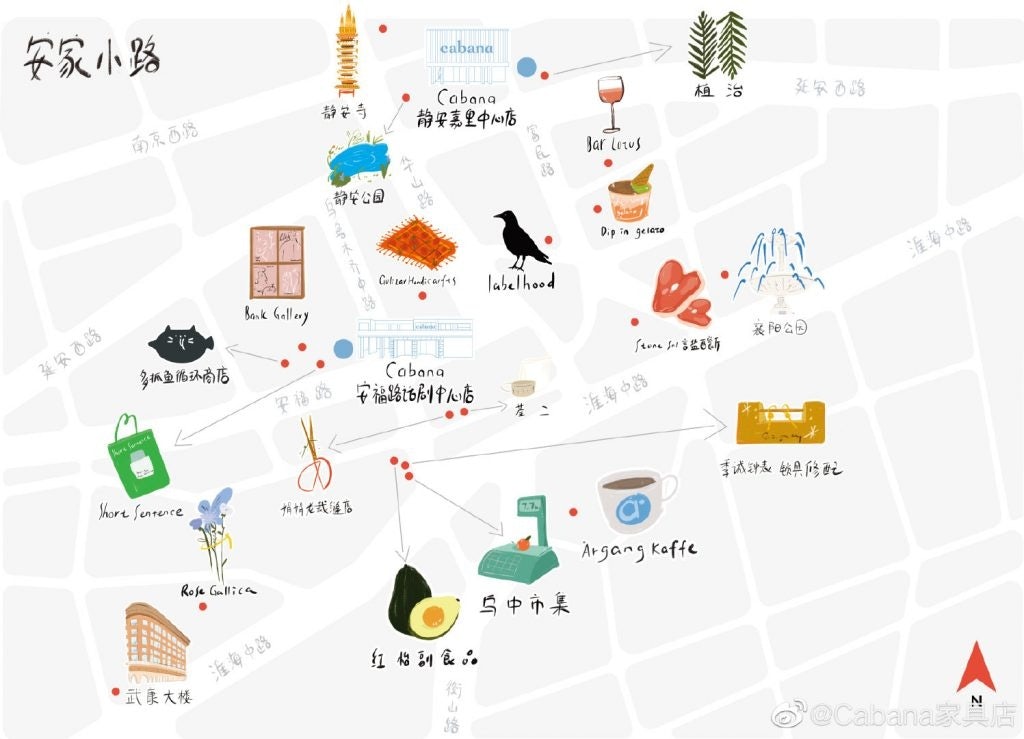
The primary role of neighborhood stores#
Now, the idea of a neighborhood store isn’t restricted to only fashion and furniture. Rather, the horizon is expanding. For example, the concept of Nio House, best known as a lifestyle brand, has been developed by the country’s renowned electric automobile company NIO to appeal to the community of car lovers in more ways than one. Dedicated to spreading this goodwill, it has 28 such branches across China to provide a multifaceted experience that includes areas for events & exhibitions, fine dining, reading and debate, and more. Most importantly, its sole purpose is to generate a sense of communal feeling among its buyers. In other words, it feels like a second home to its customers. Chengdu’s Chunxi Road is another popular block where consumers can go and enjoy the pleasures of new neighborhood stores at a snail’s pace.
However, the brands need to choose a neighborhood that has all the prerequisites to meet their goals. But this comes with risks that are worth taking because the stores located in convivial neighborhoods play a big role in catching the attention of people from all walks of life.
Besides, there is a lot of scope for neighborhood stores to be successful in the market. They can be showrooms or digital pick-up units. Here, customers come to the store for just a superior experience. Once the products have been thoroughly examined by them in a store, they can book them online. The neighborhood stores in commercial districts can be a big business if they’re backed by retail freehold owners and developers.
“It’s always key to think about how we’re measuring success for activation. Is it based on sales? Is it online buzz? If you take the example of Prada’s wet market pop-up in central Shanghai, this is incredibly powerful from a brand visibility standpoint. The amount of buzz on social media is huge,” Reuter said.
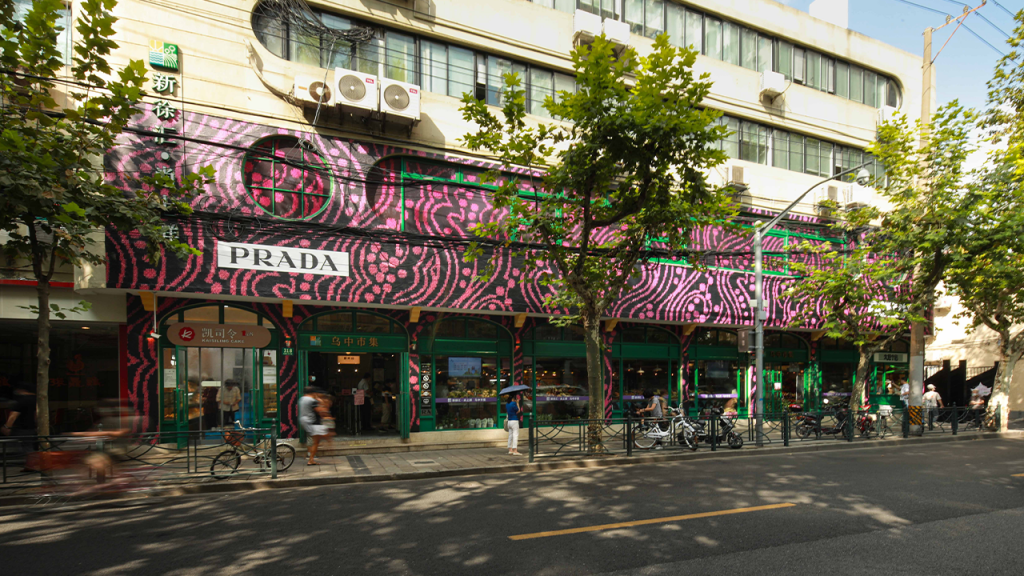
Not surprisingly, Shanghai Dramatic Arts Center has many such stores under its auspices on Anfu Road. Even Nio House and Nike experiential stores in Shanghai are operated by Swire Properties.
At the end of the day, it all comes down to retail business owners who need to awaken themselves to the reality of what a beautiful atmosphere neighborhood stores can create with their presence. It’s time to act now.
